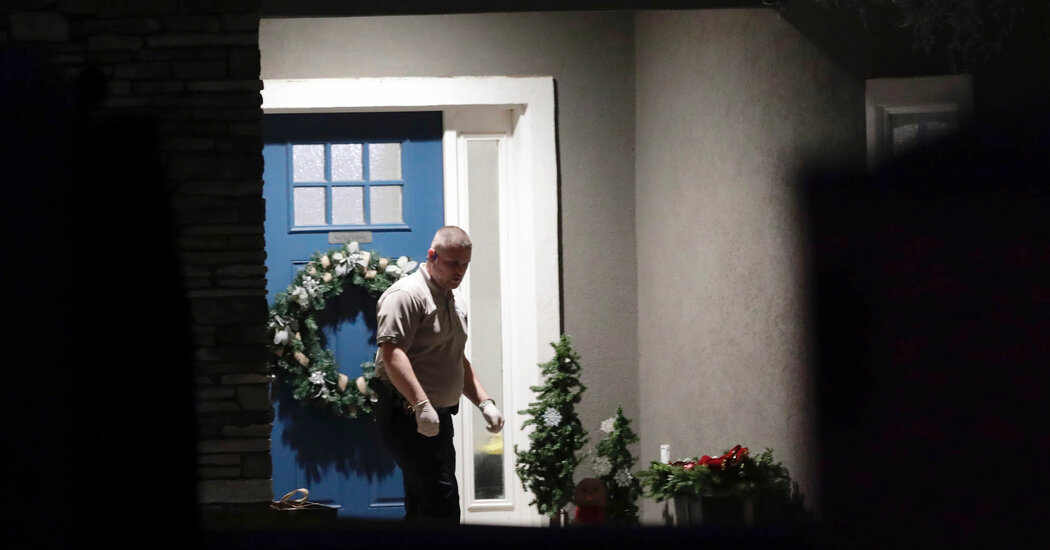Federal, state and metropolis transportation regulators signed off on the MTA’s new congestion pricing program for Manhattan Friday, clearing the ultimate roadblocks forward of an anticipated Jan. 5 begin to tolling.
After pausing the plan, Gov. Hochul has revived the plan with a proposed beginning toll of $9-a-day for motorists touring south of sixtieth Avenue in Manhattan.
“Today is the moment that we’ve been waiting for,” MTA chairman Janno Lieber advised reporters following the announcement. “We cleared the final bureaucratic hurdle to implementing congestion pricing.”
Tolling advocates extensively noticed quick approval from the feds as key to this system’s success, on condition that President-elect Donald Trump has mentioned he would kill the controversial plan.
“We are pleased to have received formal approval from the Federal Highway Administration for the phase-in feature of the Central Business District Tolling Program,” Cathy Sheridan, head of MTA Bridges and Tunnels, mentioned in an announcement, utilizing the formal title for the congestion pricing program.
All three transportation departments signed off Friday on the so-called “value pricing pilot program” settlement, which authorizes the MTA to make use of the tolls collected on federally-funded roads — a number of of which exist contained in the congestion zone — to fund one thing apart from street upkeep.
The Federal Freeway Administration, part of the federal DOT, additionally issued a re-evaluation of the modified congestion pricing plan — which phases in a better toll over the course of a number of years — and located that the plan continues to be inside the bounds of the environmental evaluation the feds green-lit final yr.
The 2 excellent sign-offs had been the final procedural necessities that wanted to be cleared if the MTA is to start tolling motorists on Jan. 5 as deliberate.
“While this policy is obviously controversial, I hope New Yorkers, whatever their opinion, can recognize that this is a significant moment when we are saying that we can do things to address teh big challenges that we as a city and as a region face,” Lieber mentioned.
“Congestion pricing says that we’re not going to just keep putting our head in the sand about the impact of congestion — we’re not going to pretend that we don’t have a limited amount of room on our streets,” he added.
Earlier this week, the MTA’s board voted 12 to 1 to approve Hochul’s modified congestion pricing plan, successfully reviving the controversial toll deigned to fund system enhancements.
“This is a hopeful moment,” MTA chairman Janno Lieber mentioned forward of Monday’s vote. “It shows that New Yorkers — we collectively — can take on and address big challenges that we’re facing.”
The plan will begin with a 40% low cost over the plan authorised by the MTA’s board in March. That preliminary plan would have charged motorists a $15 base toll to drive into Midtown or decrease Manhattan — the income from which was to again $15 billion in bonds for the MTA’s capital.
Hochul’s new plan will begin the tolls 40% decrease for 3 years — $9 a day for many motorists — earlier than ramping as much as a full $15 toll in 2031. State officers plan to start out tolling on Jan. 5, 2025.
The VPPP and the FHWA re-evaluation had been the 2 major procedural hurdles standing between the MTA’s approval of the plan on Monday and the plan to roll out the toll in January.
Critically, they had been additionally the 2 that required federal motion — approvals an incoming Trump administration was extensively anticipated to disclaim.
The challenges to the controversial toll usually are not all procedural, nevertheless, because the toll continues to face authorized challenges in each New York and New Jersey federal courts.
A bevy of plaintiffs in Manhattan federal court docket are anticipated to argue in favor of a short lived injunction to cease the toll subsequent month on December 20.
Initially Printed: November 22, 2024 at 12:15 PM EST




